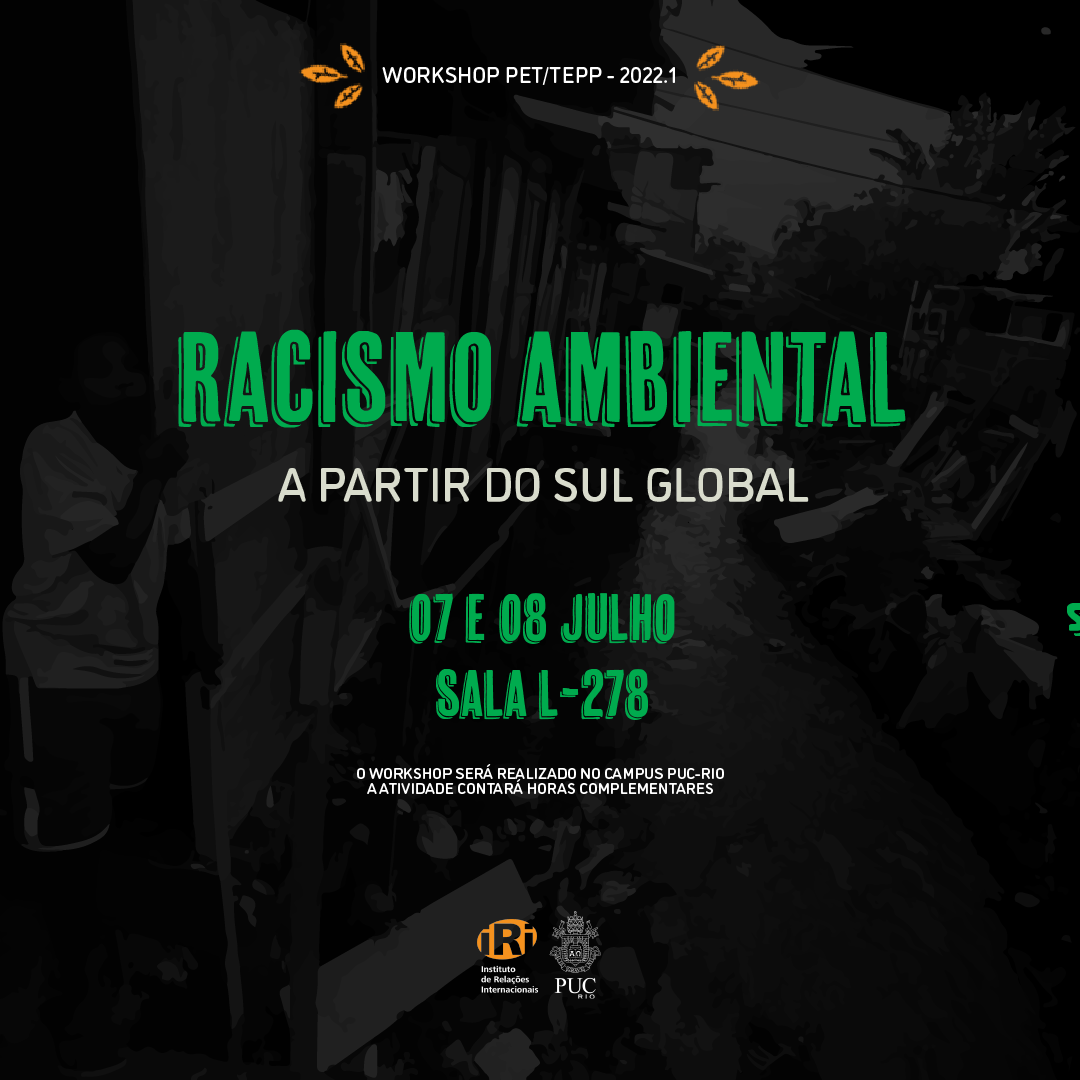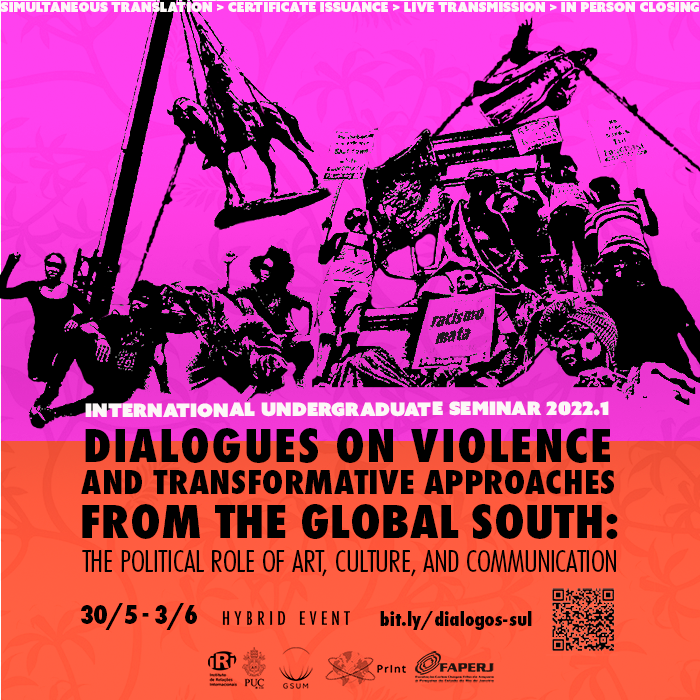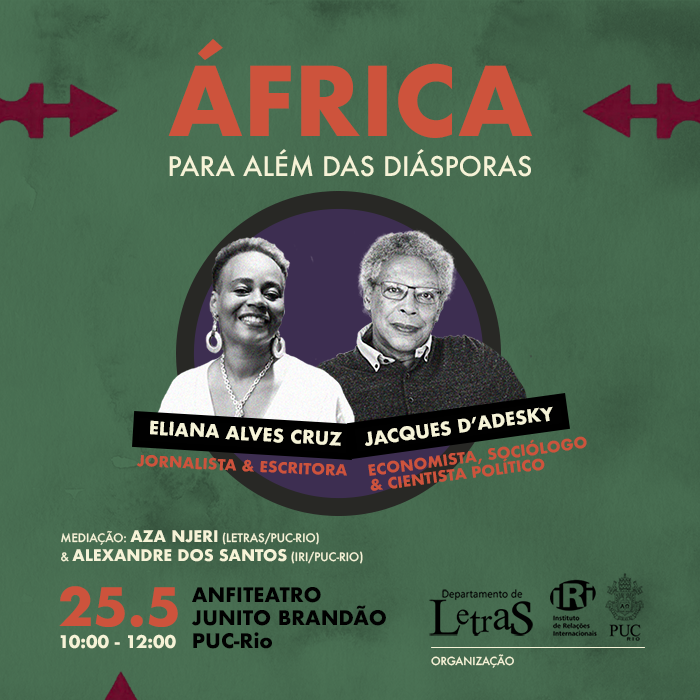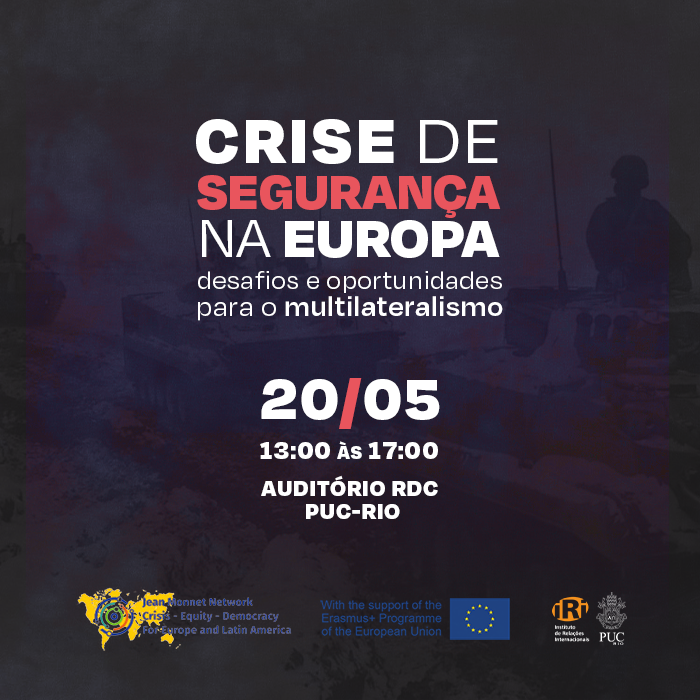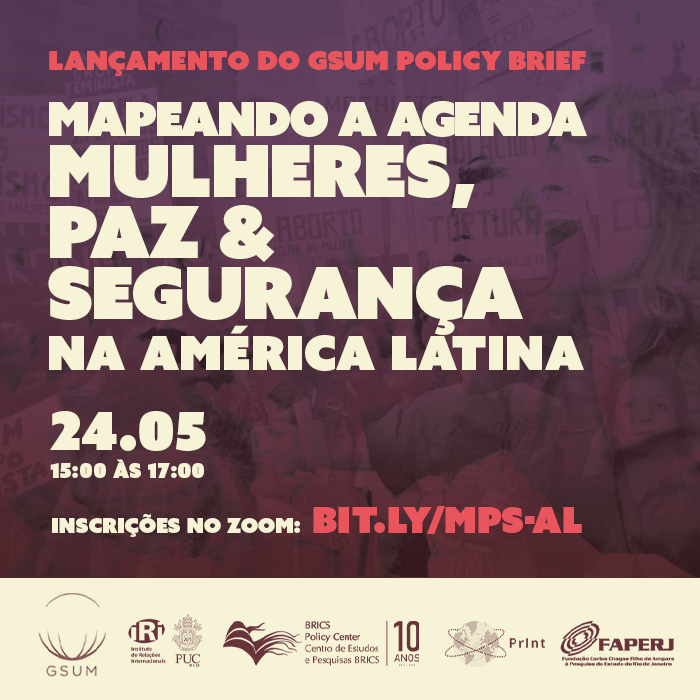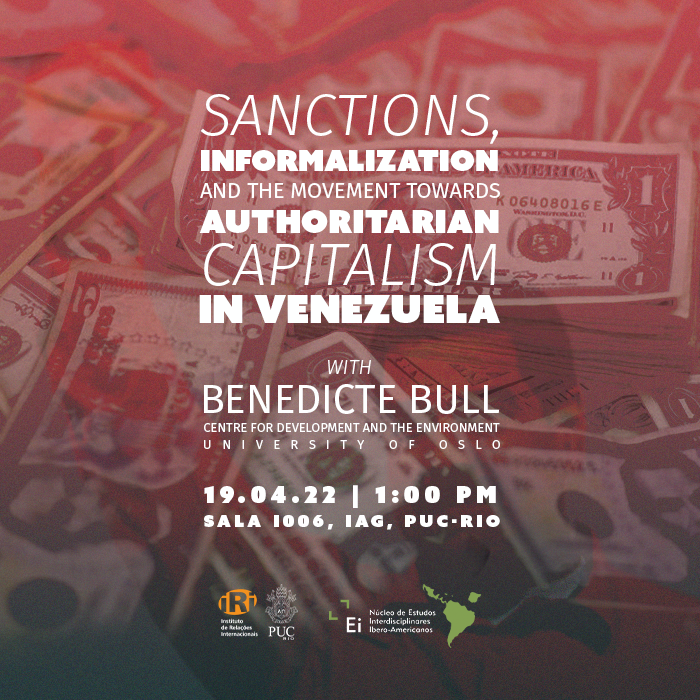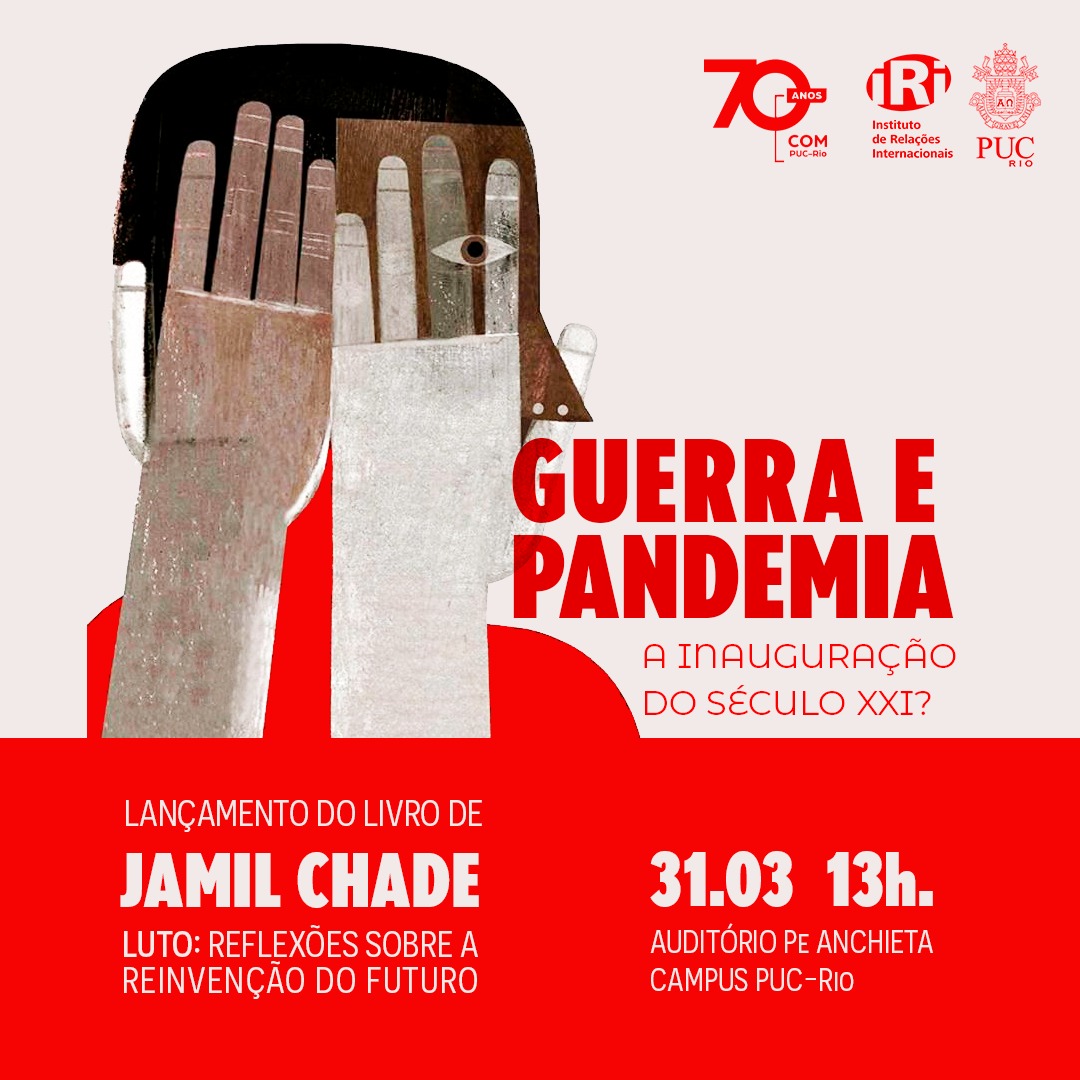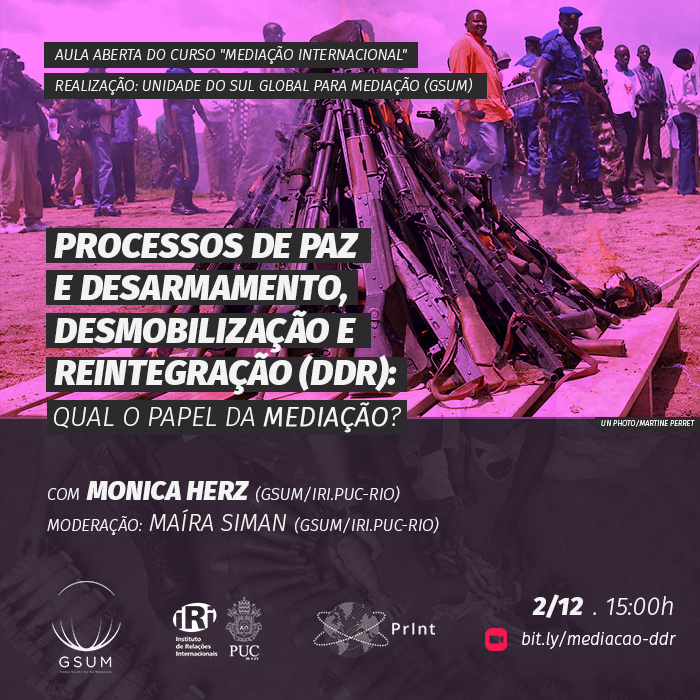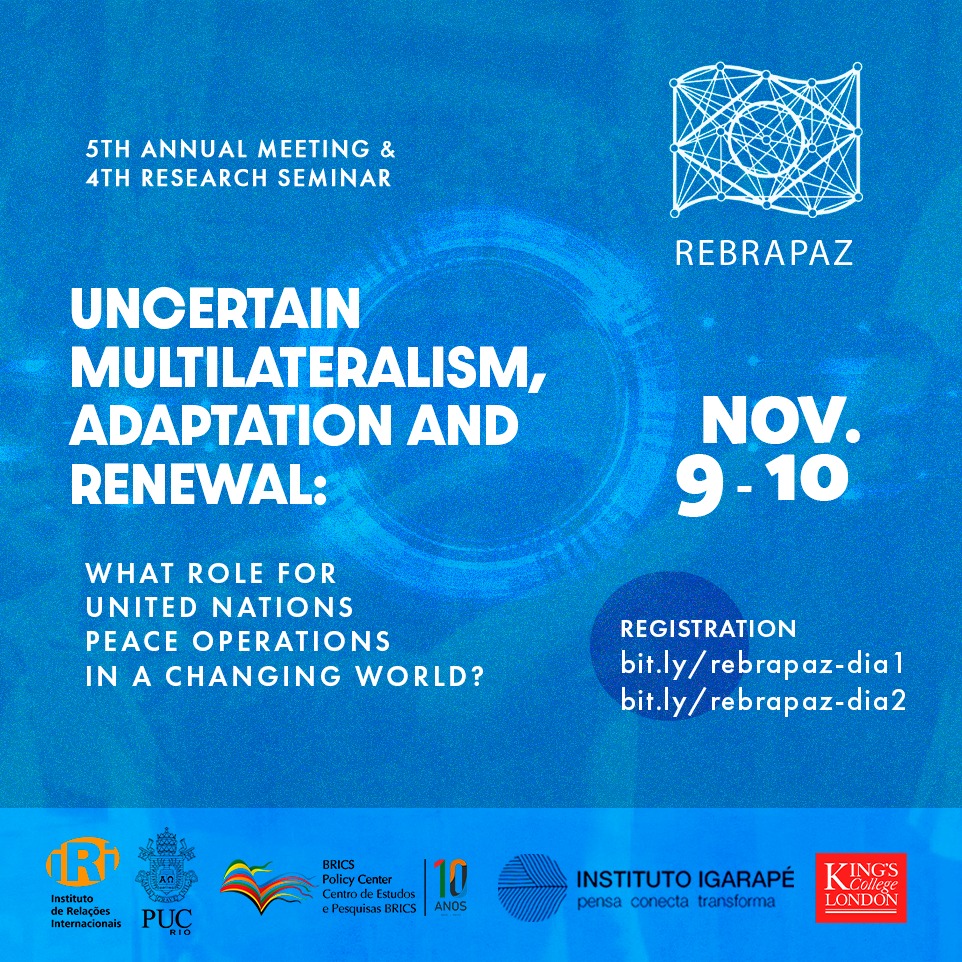Since the deployment of the first military observers, in May 1948, the United Nations (UN) peace operations have been actively contributing to the maintenance of international peace and security. Over these 73 years, this multilateral instrument aimed at managing and resolving conflicts has faced different periods of crisis. Despite these difficulties, the United Nations sought institutional ways to adapt to a constantly changing world and respond to the challenges posed by societies affected by armed conflict.
Over the past twenty years, given the challenges to the international liberal order and its various consequences for multilateral arrangements, peace operations have been permeated by a set of dilemmas that call into question its effectiveness as a mechanism of collective security and promotion of peace. Among such difficulties, the consequences of geopolitical dispute between the great powers and developing countries stand out; as well as the growing role of cyber in the political, social, and cultural relations; the increase in complexity and instabilities caused by terrorist groups; and the urgent challenges in area such gender, health and the environment, among other issues. The short, medium, and long-term effects imposed by the COVID19 pandemic should be added to this list of difficulties.
The UN reform process has received new impetus by the current Secretary General, António Guterres, and, in the field of peace operations, it has also involved member states, the Security Council, host countries, military troop and police contributors, regional partners, and humanitarian and development donors. In this direction, the Action for Peacekeeping (A4P), launched in 2018, listed eight priority areas of action for the United Nations: (1) politics; (2) women, peace and security; (3) protection; (4) safety and security; (5) performance and accountability; (6) peacebuilding and sustaining peace; (7) partnerships; and (8) conduct of peacekeepers. Such commitments, made in the light of a changing world to which peace operations seek to adapt, raise an important set of questions that we aim to discuss at the V REBRAPAZ Annual Meeting.
After the launch of REBRAPAZ, in 2016, this V Annual Meeting (2021) continues the effort to debate relevant and current aspects of the peace operations agenda, as well as identifying paths that contribute to strengthening Brazil in the context of an UN reform. Expanding the scope of previous meetings, this V Annual Meeting will be organized around REBRAPAZ working groups (WGs): (1) protection of civilians and use of force; (2) norms and doctrines; (3) capabilities and performance; (4) women, peace and security; and (5) civilians in peace operations.
In preparation for the V Annual Meeting, the IV REBRAPAZ Research Seminar will be held on November 9th. The Research Seminar is an opportunity to debate and disseminate studies that contribute to the agenda of peace operations in Brazil. It will be held in Portuguese, with no translation.
The activities of the Research Seminar will be based on the model of panels with discussants. Each accepted paper must be presented within 15 minutes, giving time for the discussant to engage critically with the presenter. The audience will be also allowed to present their questions and comments at the end of each panel. On November 10th, during the V Annual Meeting itself, there will be an opening lecture in the morning and three debate panels, with Brazilian and foreign speakers. It will be held in English, with no translation.
- Panel I: “Uncertain Multilateralism, Adaptation and Renewal: Brazil and United Nations Peace Operations in a Changing World”
- Panel II: “Civil-Military Integration and Improving the Effectiveness of Peace Operations”, will address topics related to WG 3 (capabilities and performance) and WG 5 (civilians in peace operations).
- Panel III: “Protection of civilians and the normative and doctrinal framework of peace operations”, will address topics related to WG 1 (protection of civilians and use of force) and WG 2 (norms and doctrines).
The issues related to WG 4 (Women, Peace and Security) will be transversal and addressed in all panels.
Methodology
Aiming to facilitate dialogue and promote practice-oriented debates, the opening lecture will be in a talk show format, and panels II and III on November 10th will be in a knowledge café format. The Talk Show method applied to the opening session works like an interview for a television program: a facilitator will ask the keynote speaker questions. Shorter questions and answers contribute to a greater amount of knowledge being conveyed faster, more directly and more engagingly, as the audience tends to stay focused longer in this format than in a traditional presentation format.
The Knowledge Café is a conversation process that brings together a group of people to share experiences, learn from each other, and build common ground. The method foresees the analysis of a set of possible questions to be explored and addressed by the participants. The topics are debated on interactive rounds, with discussions based on central questions presented by a main host or facilitator and commented by the other participants. Based on the conversations, policy briefs of at most two pages are drawn up, with an introduction on the topic discussed and recommendations.
Target Audience
The target audience of the two-day event is specialists and researchers, scholars, university students, military, police, UN civilians, diplomats and others interested in UN peace operations.
Registrations
The activities and debates will take place online and will be broadcast on the networks of the BRICS Policy Center (BPC), of the Institute of International Relations at PUC-Rio.
Registration for both days must be made through the following links:
Certification and Contact:
Digital certificate will be sent to those who participate in the Meeting upon request.
For further details, please write to eventos.rebrapaz@gmail.com
